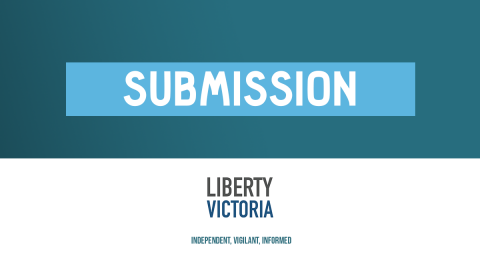Inquiry into Extremism in Victoria

Two dominant issues have contributed to a recent increase in right-wing extremism: shared grievances and crises of identity. The underlying social and structural issues that are fuelling systemic inequality, injustice, racism as well as a declining trust in institutions, government authority and the media all contribute to an understanding of why there has been growth in far-right extremist views within Victoria, Australia and globally.
As a community we must be careful that responses to extremism, however well-intentioned, do not become excuses to expand executive power, surveillance and censorship in a disproportionate manner.
For too long policies to prevent radicalisation have erroneously focussed on ideology as the root cause. The premise being that extremist ideology is (as often described) avirus that can infect vulnerable individuals and lead them to become violent. In fact, exposure to extremist ideologies does not lead to adoption of those beliefs – there is no ‘conveyor belt’ from a person’s exposure to extreme ideology to violence. There is no accurate profile of who may take that step.
It is Liberty Victoria's submission that early intervention measures that focus on addressing the underlying social and structural issues that are fuelling systemic inequality, injustice, racism, as well as a declining trust in institutions, government authority and the media, will be the most constructive to addresses the causes of why people are attracted to extremist movements.
Liberty Victoria's joint submission to the PJCIS ultimately highlighted a need to reinforce social cohesion. This involves policy responses that proactively engage inbuilding tolerance, mutual respect and forming a cohesive Australian identity. Being proactive can begin by examining what is common across all forms of extremism – mistrust of government (as highlighted in this submission); hyper-conservative ideals of masculinity and gender norms; (perceived) individual or group injustice; ‘us’ vs ‘them’ mentality; and anxiety about the future.
Extremism is a symptom that something in society is not right. It is not the illness itself. Finding ways to silence right-wing extremism, or indeed any other form of extremism, will not cure the problem, it will mask it until a new form of extremism arises.
